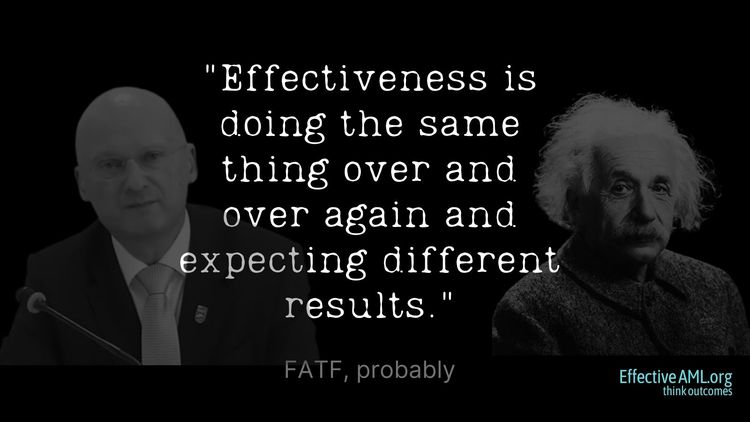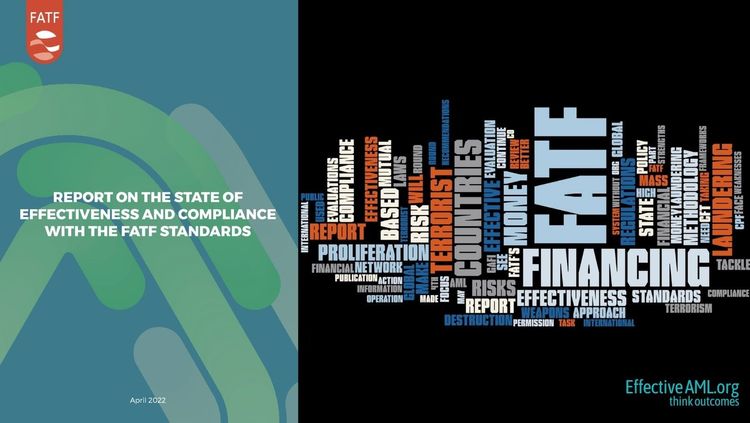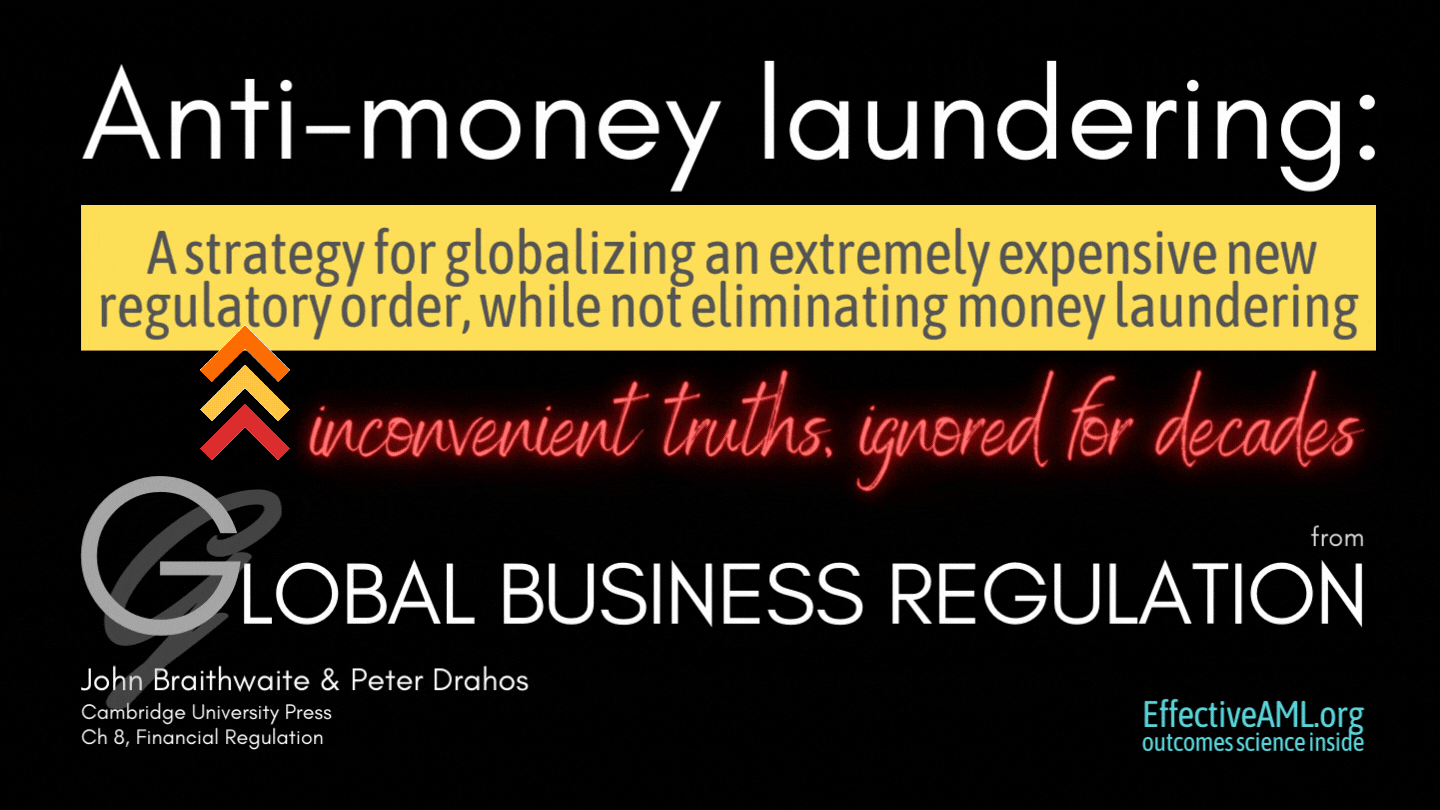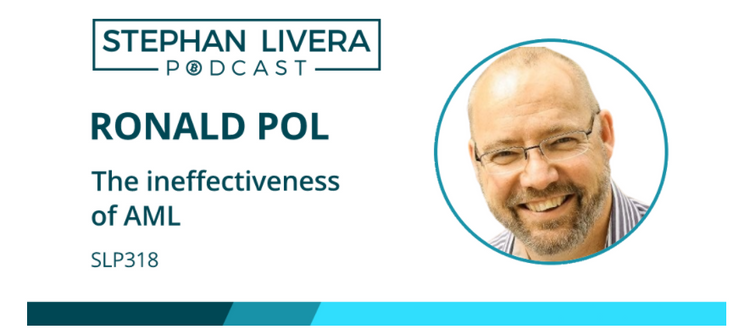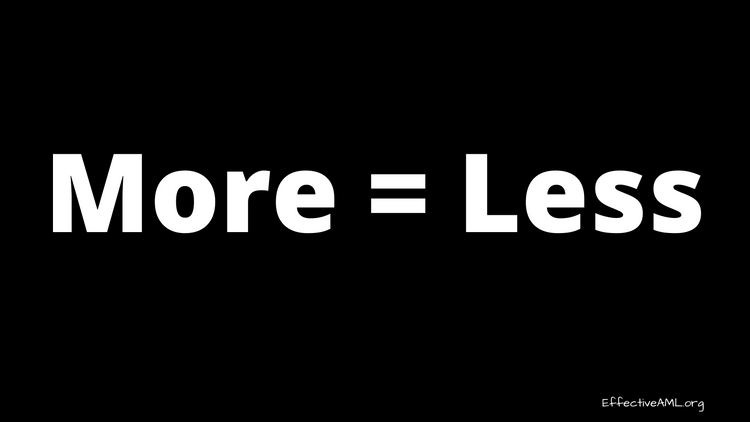Same words, different reality?
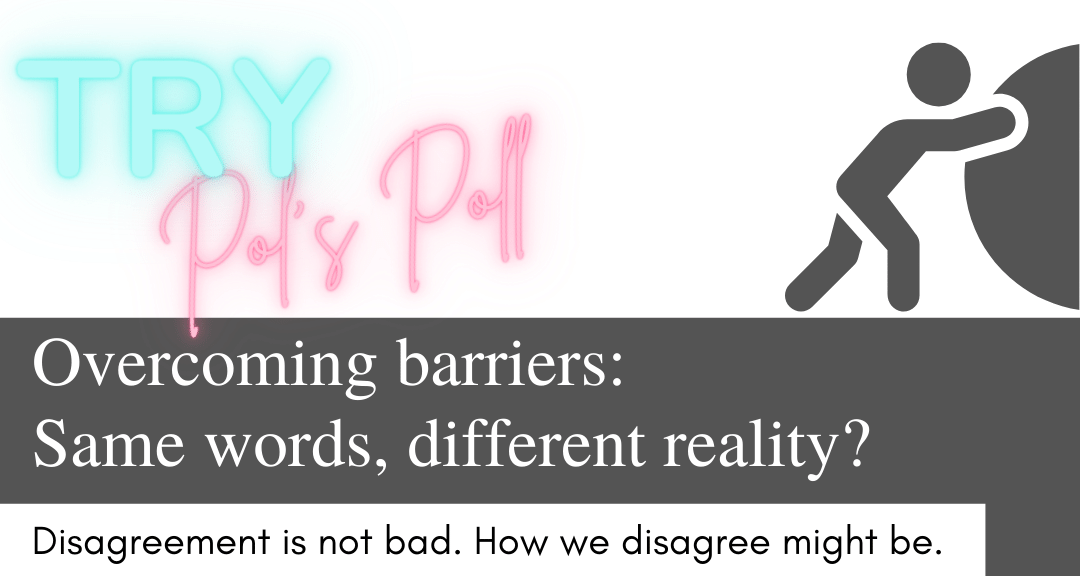
I am increasingly reminded that different folks seeing the same thing often perceive something different.
In face-to-face conversation that’s not a problem.
Indeed, a delight, I reckon.
If I say something that draws a blank, pained, or stunned expression, or vice versa, it’s an immediate prompt to correct errors and discover different perspectives.
- At a personal level, I love being proved wrong. (Well, in the Goldilocks zone at least. Not so infrequently as to be boringly rigid, nor too often as demoralizing). Testing one’s own beliefs and assumptions in robust discussion is a great way to fill gaps in the vast expanse of unknowns which seems to grow as I learn more.
- At a team, group, organizational, and societal level, I also regard knowledge and solutions like a Venn diagram. While my circle and yours remain separate, point-scoring “argument ping pong” is profoundly unproductive when two closed minds insist one is “right” and the “other” wrong. When there is some acceptance that your “right” might help inform mine, and vice versa, circles overlap. Even a little mutual understanding – like accepting the validity of different perspectives – goes a long way. There may still be considerable disagreement but the capacity for practical solutions – the combined area – is greater than either alone.
However – albeit with no evidential basis beyond personal observation – Covid restrictions, with less face-to-face interaction, may be worsening this sense of polarization. Despite good technological “fixes”, online conferences and meetings restrict the sort of free-flowing back-and-forth discourse often needed to “get” another perspective. However, if this observation is generally true, or not, hardly matters. It is simply a function of the current reality. It will pass. Or become a “new normal”. Either way, there is no point railing against something that just “is”.
An apparent extension, however, may be more troubling.
Again, merely personal observation, but there seems (increasingly?) less interest in different perspectives, contrary evidence, or what used to be called a search for truth.
Bizarrely, people I have neither met nor spoken with increasingly tell me what I think. Worse, when someone confides that some unspecified group, apparently discussing “my” view on some topic, concurs: “my” view is wrong, apparently. As I have confessed, I don’t mind being wrong, and perversely, perhaps, often seek it out. (On this issue, for example – or this or this– it would be great to engage with cogent argument and robust evidence, and be proven wrong, than repeatedly met with staunchly held beliefs and emotive out-of-hand dismissal conspicuous for the absence of either).
But, unlike face-to-face conversation, or when someone is sufficiently interested in critical thinking to check with the purported source, in these situations “my” view was not just conspicuous by its absence in the “conversation” before judgment was passed. On nearly every such occasion in recent times, “my” view is one that I never held nor expressed. Often, it was the opposite of that for which I was excoriated.
If this happens with me, a mere speck in the AML firmament, with hundreds of published articles for anyone easily to check assumption against reality, I suspect it may be more widespread. Rampant, perhaps. If so, and if my Venn diagram concept is valid, a sea of unconnected circles, each shouting perceived truths while refusing to engage with “other” views – evidence-based and make-believe alike – hardly augurs well for meaningful solutions to anti-money laundering’s effectiveness deficit.
So, in a practical sense, if you disagree with some outrageous view of mine, let me know. Chances are, we might agree. If not, we might at least gain fresh insights. Not just about someone else’s perspective. Even our own, perhaps. That’s worth talking about, I reckon. Likewise, with others that “everyone” in your group “knows” to be wrong. Drop them a line, say hi, give them a call. Better still, if you can, catch up in person. Whatever your views, mine, or theirs, the messiness of joined up circles is far more likely to generate the solutions we all want than staunchly maintaining the purity of anti-money laundering’s in-group orthodoxy.
In the meantime, with the simpler issue of different people reading the same words but “seeing” it differently, here’s one that seems to attract different perspectives. Check out the opening paragraph from FATF’s recent plenary and try this simple poll. What do you think?
There is no “right” or “wrong” answer, but a greater awareness of other perspectives is hugely valuable, I think. Not for some inchoate “deep understanding”, but, in practical terms, for enabling better solutions, together.
For more…
The biggest problem with AML. The market for AML is huge – yet crime, harm, risk, and costs escalate while the market for effective AML does not yet exist. However, profound failure signals opportunity for profound value, and opportunity to flip those metrics.
New AML laws proposed? New reforms, updates, gap-filling? Is this your country? Or do your policymakers, legislators, regulators follow the same logic? AML law making: Evidence-based or driven by theory, belief, and assumption?
A practical framework to help your business or government save millions of dollars, possibly billions. Applied outcomes science, an example.

